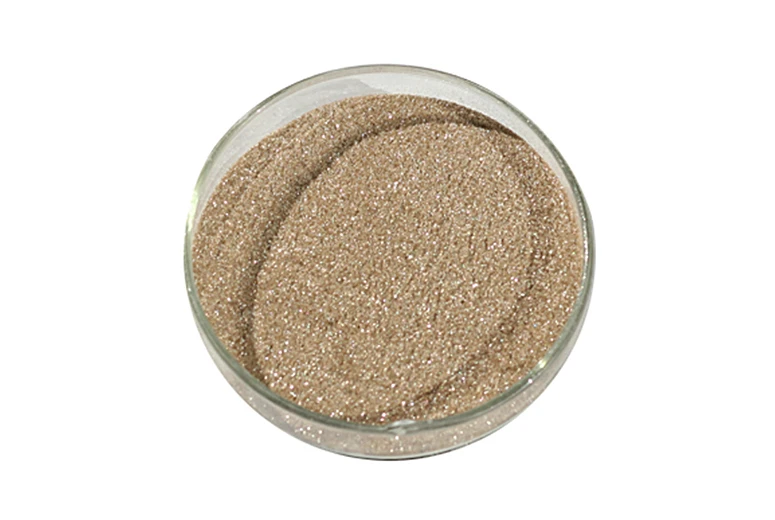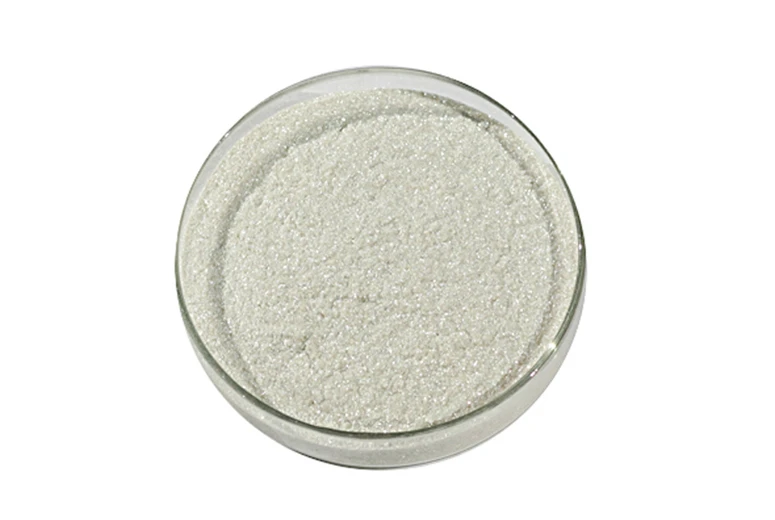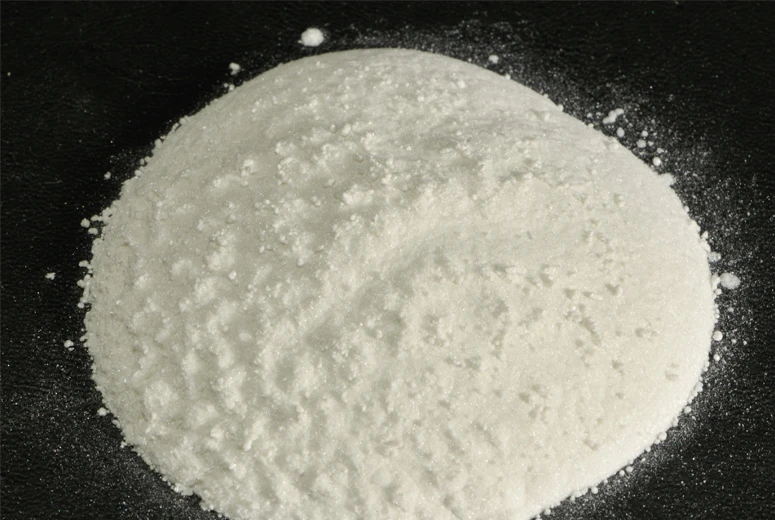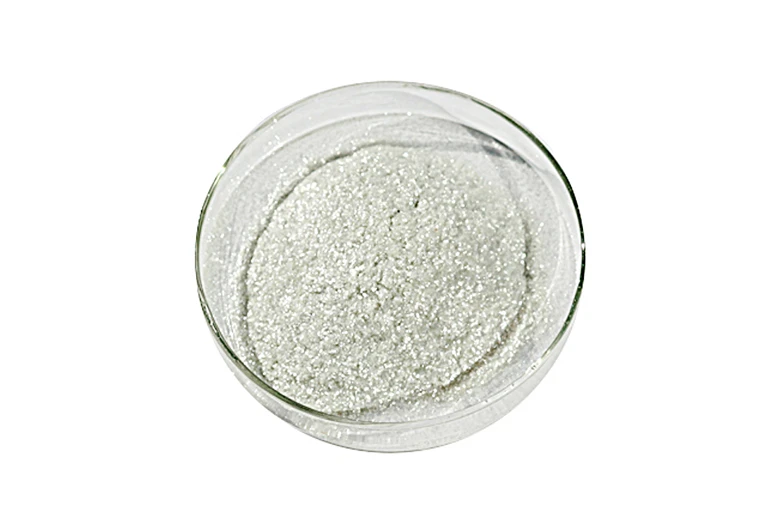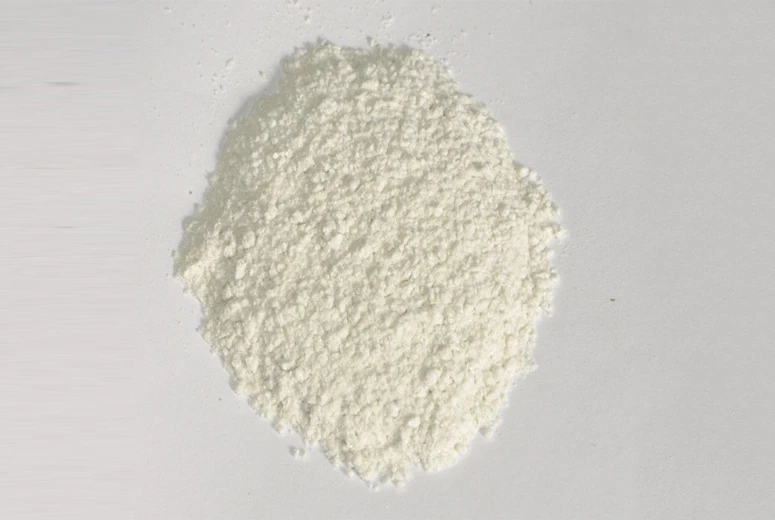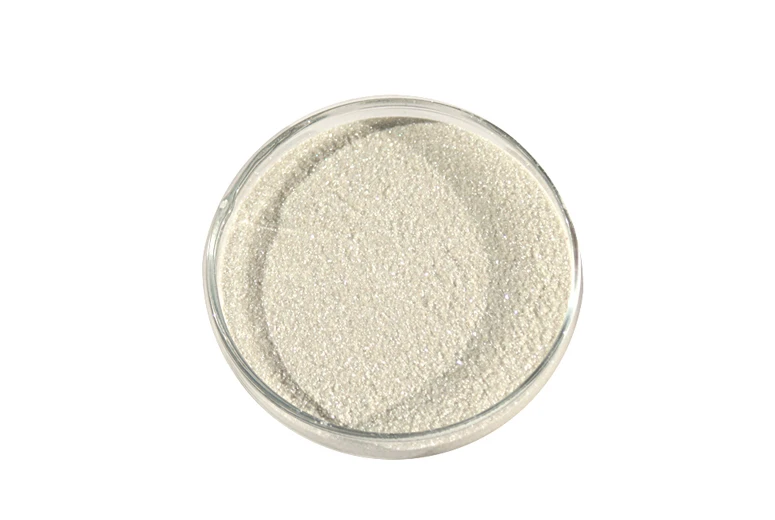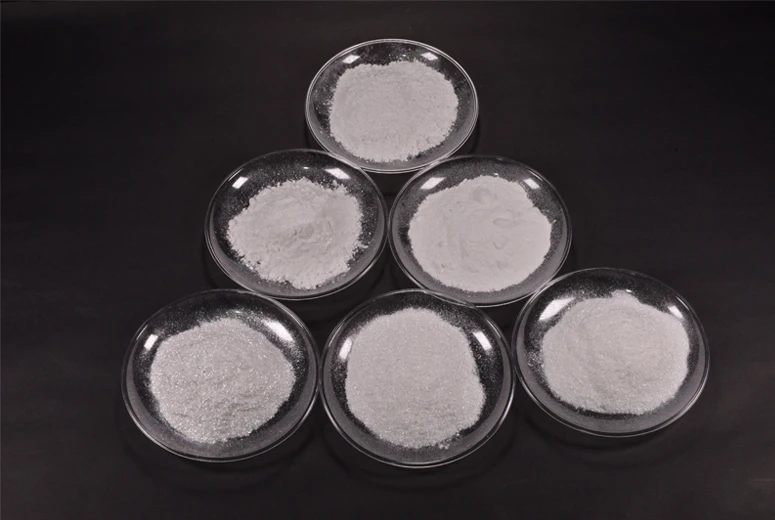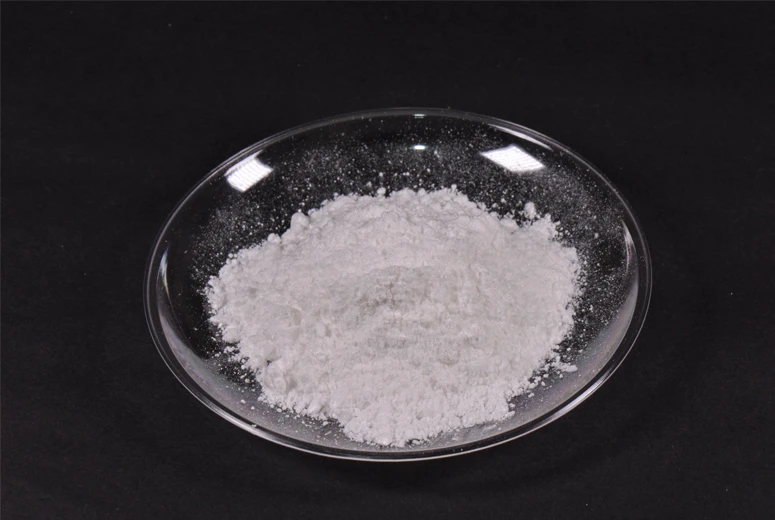Market Trends of Fluorophlogopite-based Products
The global market for fluorophlogopite and fluorophlogopite mica products is experiencing significant growth, driven by increasing demand across cosmetics, automotive, and electronics industries. As manufacturers evaluate natural mica vs synthetic mica, fluorophlogopite has emerged as a preferred synthetic alternative offering superior consistency and performance characteristics. The unique properties of fluorophlogopite mica, including exceptional thermal stability and brilliant optical effects, have made it indispensable for high-end applications where natural micas fall short. The ongoing debate of natural mica vs synthetic mica continues to shift toward synthetic options like fluorophlogopite as ethical sourcing concerns and performance requirements become more stringent. Current market analysis reveals expanding applications for fluorophlogopite in next-generation products, with innovation driving adoption rates higher than traditional mica materials.

Growing Demand for Fluorophlogopite in Cosmetic Industry
The cosmetic sector represents the fastest-growing market for fluorophlogopite as brands seek alternatives in the natural mica vs synthetic mica decision matrix. Premium beauty products increasingly utilize fluorophlogopite mica for its consistent particle size distribution and brilliant light-reflecting properties that outperform natural alternatives. Unlike the variability seen in natural deposits, fluorophlogopite offers manufacturers guaranteed purity and reproducible optical effects batch after batch. The shift toward fluorophlogopite mica aligns with clean beauty trends, as it eliminates ethical concerns associated with some natural mica mining practices. When comparing natural mica vs synthetic mica for cosmetic applications, fluorophlogopite provides additional advantages like enhanced adhesion in formulations and improved skin feel. Market analysts project continued growth for fluorophlogopite in color cosmetics, particularly in luxury highlighters, eyeshadows, and skin-perfecting primers where its optical properties command premium pricing.
Industrial Applications Driving Fluorophlogopite Mica Adoption
Beyond cosmetics, fluorophlogopite mica is gaining traction in industrial sectors where the natural mica vs synthetic mica comparison increasingly favors synthetic alternatives. The automotive industry utilizes fluorophlogopite in premium paint formulations to create sophisticated pearlescent and metallic finishes with exceptional durability. Electronics manufacturers value fluorophlogopite mica for its consistent dielectric properties in insulation materials, where natural mica's variability poses quality control challenges. The debate of natural mica vs synthetic mica in industrial applications often centers on fluorophlogopite's superior thermal stability, withstanding temperatures up to 1100°C compared to natural mica's 700-800°C range. Specialty plastics and composites incorporating fluorophlogopite demonstrate improved mechanical strength and heat resistance, driving adoption in aerospace and electrical component markets. As industries prioritize material consistency and supply chain reliability, fluorophlogopite mica continues displacing natural alternatives in demanding technical applications.
Regional Market Dynamics for Fluorophlogopite Products
The global fluorophlogopite market exhibits distinct regional patterns that reflect varying perspectives on the natural mica vs synthetic mica preference spectrum. Asia-Pacific dominates fluorophlogopite mica consumption, driven by robust cosmetics manufacturing in South Korea and Japan along with expanding electronics production across the region. North American markets show rapid fluorophlogopite adoption as major brands reformulate with synthetic alternatives to address ethical sourcing concerns in the natural mica vs synthetic mica debate. European demand for fluorophlogopite mica grows steadily, supported by stringent regulations favoring consistent, traceable materials over variable natural resources. Emerging markets present growth opportunities for fluorophlogopite as local manufacturers upgrade to premium ingredients and global supply chains expand distribution networks. The natural mica vs synthetic mica competition varies regionally, with developed markets leaning toward fluorophlogopite for its technical advantages while some price-sensitive regions still favor natural options despite their limitations.
Innovation and Future Outlook for Fluorophlogopite Mica
Technological advancements are expanding fluorophlogopite applications and reshaping the natural mica vs synthetic mica competitive landscape. Next-generation fluorophlogopite mica products feature engineered surface treatments that enhance dispersion in various media and improve compatibility with different resin systems. Researchers are developing ultra-thin fluorophlogopite variants with exceptional flexibility for use in flexible electronics and advanced coatings. The natural mica vs synthetic mica performance gap continues widening as fluorophlogopite manufacturers introduce specialized grades with customized optical properties impossible to achieve with natural materials. Future fluorophlogopite mica innovations may include smart functionalities like thermochromic or photochromic effects, further differentiating synthetic options. Market analysts predict sustained fluorophlogopite growth as industries recognize its advantages in consistency, purity, and customizable properties over natural alternatives. The evolving natural mica vs synthetic mica dynamic positions fluorophlogopite as a material of choice for premium applications where performance and reliability outweigh cost considerations.
Fluorophlogopite FAQs
What Are the Key Advantages of Fluorophlogopite Mica Over Natural Mica?
Fluorophlogopite offers superior thermal stability, consistent optical properties, guaranteed purity without natural inclusions, and ethical production transparency compared to natural mica alternatives.
How Does Pricing Compare Between Fluorophlogopite and Natural Mica?
While fluorophlogopite mica typically commands a 20-40% price premium over natural mica, its consistent quality and performance often result in lower total cost through reduced formulation adjustments and waste.
Which Industries Are Driving Growth for Fluorophlogopite Products?
The cosmetics, automotive coatings, electronics insulation, and specialty plastics industries represent the fastest-growing markets for fluorophlogopite due to its exceptional performance characteristics.
In the Natural Mica vs Synthetic Mica Debate, What Environmental Factors Favor Fluorophlogopite?
Fluorophlogopite production avoids mining impacts associated with natural mica, offers more efficient material utilization, and enables precise engineering that reduces waste in manufacturing processes.
What Innovations Are Expected in Fluorophlogopite Mica Technology?
Future fluorophlogopite developments include thinner flexible variants, smart functional coatings, enhanced surface treatments for specific applications, and improved sustainability profiles through green chemistry approaches.
Discover the transformative potential of premium fluorophlogopite for your products by visiting our website today. Our extensive range of high-performance fluorophlogopite mica solutions can help you navigate the natural mica vs synthetic mica decision with confidence. Contact our material specialists now to request samples and technical data sheets, and learn how our innovative fluorophlogopite products can give you a competitive edge in today's demanding markets. Let us help you transition to superior synthetic mica solutions that deliver consistent quality, ethical sourcing, and unmatched performance characteristics for your specific applications.
-
Packaging and Storage Tips for Synthetic FluorphlogopiteNewsJul.31,2025
-
Key Features of Reliable Mica ManufacturersNewsJul.31,2025
-
How to Select the Best Mica Powder for Skin ProductsNewsJul.31,2025
-
Common Mica Types in Mica Wholesale MarketsNewsJul.31,2025
-
Applications of Synthetic Mica Pigments in CosmeticsNewsJul.31,2025
Products categories


